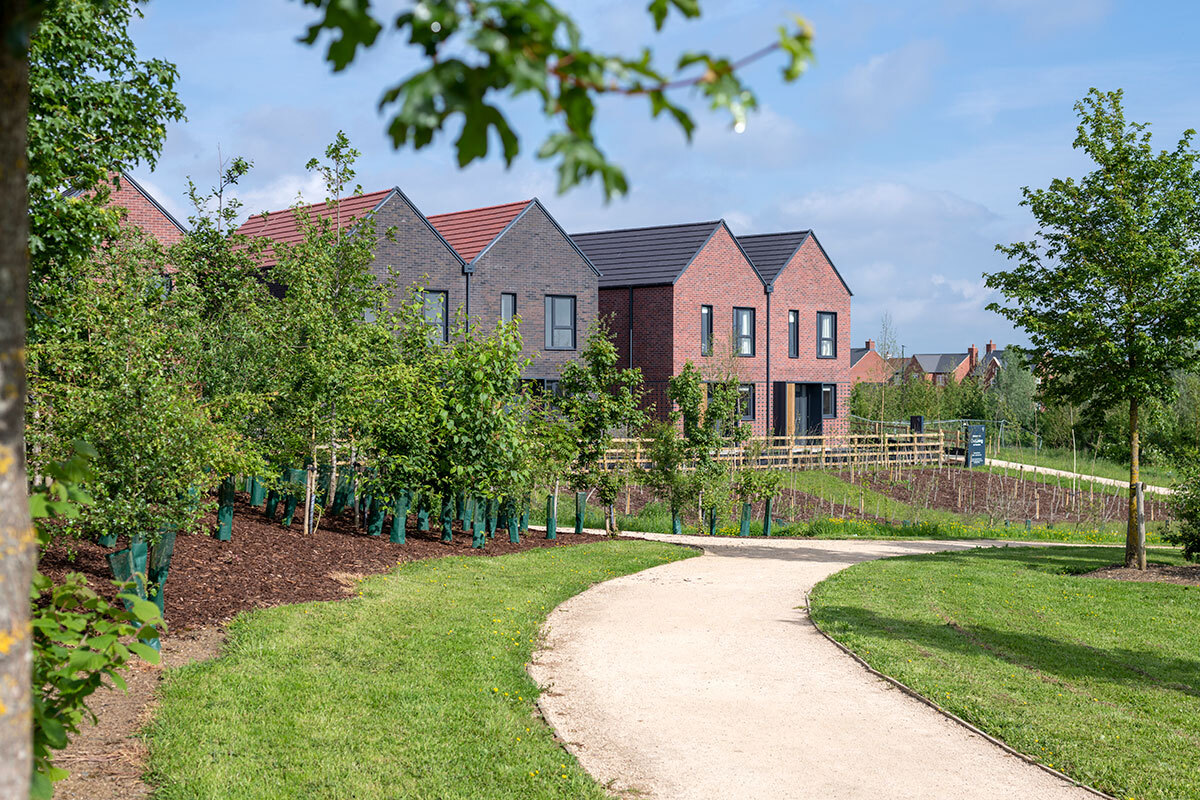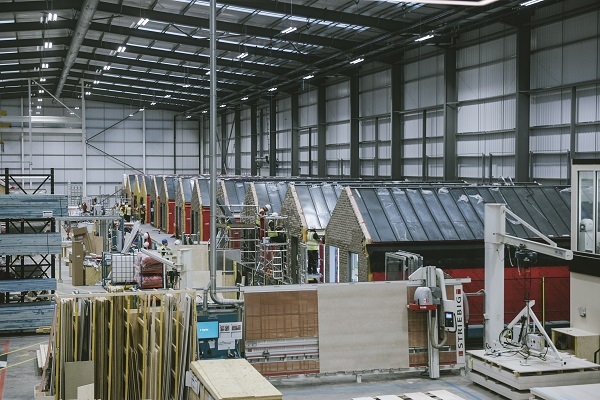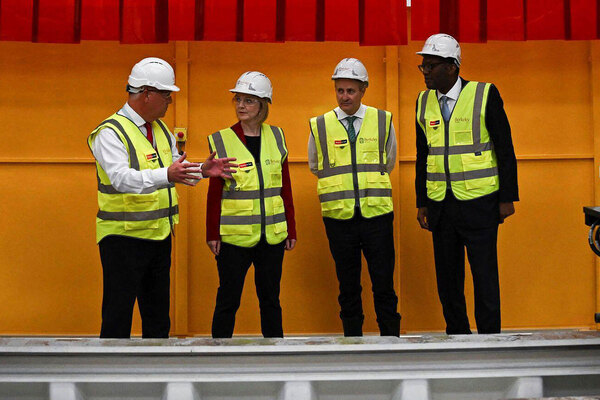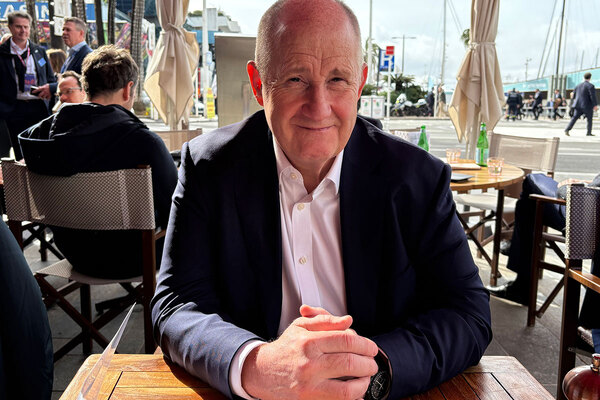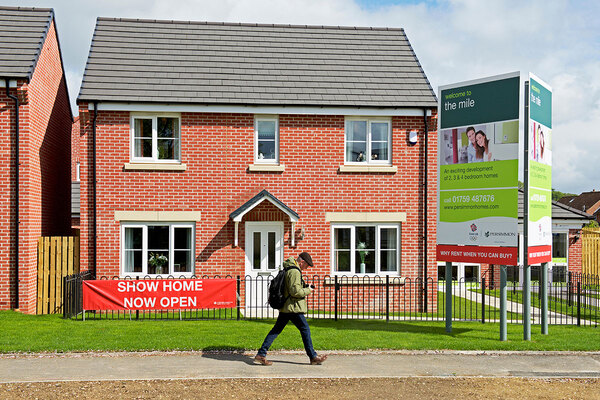TopHat losses laid bare as modular builder stops trading
Modular house builder TopHat racked up losses of £85m across its five companies in its penultimate year of trading, new accounts show.
The Goldman Sachs-backed developer published its accounts for the year to 31 October 2023 as it explained its decision to cease trading in November 2024 and wind down the business.
The accounts revealed TopHat’s various companies haemorrhaged cash in 2023, the same year that competitor Ilke Homes went into administration and Legal & General halted production of modular homes.
TopHat’s closure followed the demise of several other volumetric modular house builders, which part-build homes in a factory, with kitchens, plumbing and electrics installed off-site. The modules are then transferred by lorry and assembled on site.
TopHat Communities, which was based in Derby and responsible for development, posted a post-tax loss of £28.9m in 2023, compared with a £5.1m loss in 2022. Turnover fell 30%, to £9.4m, down from £13.4m in 2022. This was offset by an “exceptional cost of sales” of £28.2m during the year.
Sister company TopHat Industries experienced a £46.3m loss for 2023, compared with a £20.4m loss in 2022. The business’s turnover was £10.9m in the year to October 2023.
TopHat Corporate recorded a loss of £7.5m for 2023, compared with a loss of £5.1m in 2022. The company reported no income during the year, with all of its costs listed as administrative expenses and interest.
TopHat Labs posted a £3.1m loss for 2023, while TopHat Technologies recorded a loss of £54,591.
Alongside the accounts, TopHat shed some more light on its decision to wind down the business.
“The challenges facing the volumetric modular housing sector have been significant, with necessary volumes to sustain business not achieved by TopHat or the competitor base generally,” it said.
Throughout 2023, TopHat traded “at low levels”. This was a result of factors including “a sluggish market for modular housing, the continuing energy crisis, heightened interest rates, rising raw material costs, and limited consumer demand”.
The sector struggled with “limited market adoption” and competition from traditional house builders, TopHat said. “The commercial viability of the modular housing model, particularly at scale, has remained weak”, with “high barriers to entry, stiff competition from traditional house builders, and resistance from certain consumer segments”.
Market conditions worsened as the year progressed, with several businesses in the modular housing sector ceasing to trade and entering insolvency because of similar pressures.
Despite efforts to scale the business, turnover remained “below expected levels” throughout the year, largely due to lower than anticipated demand for modular homes and high competition from traditional construction methods.
TopHat was “unable to secure any new large-scale contracts”, and with “no pipeline of commercially viable work” it made most of its factory staff redundant in October 2024.
The company’s directors “encountered difficulties in securing additional funding to support the company’s operations and expansion plans”, TopHat added.
In March 2024, TopHat mothballed plans for a ‘mega-factory’ in Corby, Northamptonshire, which would have increased its production capacity from 800 to 4,800 units a year.
Developer Harworth, which bought the mega-factory site in December 2022, launched legal action against TopHat in July 2024 over debts owed in relation to the site. An out-of-court settlement was reached in August.
TopHat’s other investors included FTSE 100 house builder Persimmon and insurer Aviva. Persimmon invested £25m and Aviva £20m last year for undisclosed stakes. Investment bank Goldman Sachs completed a total fundraising round of £70m. The modular firm also took a £15m loan from Homes England last year.
In August, Persimmon revealed it had written off its £25m investment in TopHat. Persimmon told the stock market: “We originally invested in the TopHat business because of its industry-leading facade product.
“While the broader market challenges for volumetric modular manufacture have led us to take the prudent decision to write down our original investment, we continue to work with TopHat as they reposition the business to focus on the facade product.”
The UK’s remaining modular house builders continue to face challenges. Earlier this month, two Scottish modular builders entered administration, resulting in the loss of almost 50 jobs and putting several council developments at risk.
Sign up for our development and finance newsletter
Already have an account? Click here to manage your newsletters
